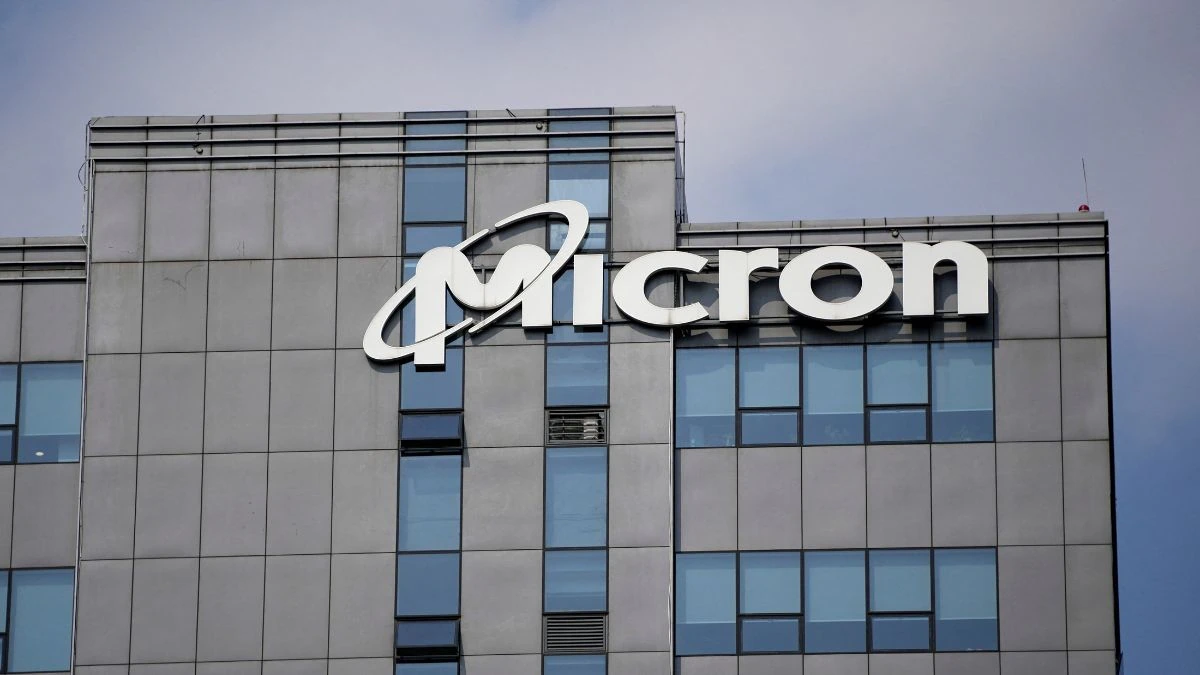Some individuals suggest that happiness stems from good health and a poor memory. However, Sanjay Mehrotra holds a different perspective.
As the CEO of Micron Technology (MU), a leading producer of computer memory crucial in the realm of artificial intelligence (AI), Mehrotra sees a different narrative unfolding. Speaking during the company’s first-quarter earnings call in December, he emphasized the pivotal role of memory in the burgeoning field of AI.
“We are in the very early stages of a multi-year growth phase catalyzed and driven by generative AI, and this disruptive technology will eventually transform every aspect of business and society,” Mehrotra conveyed to investors.

He highlighted that memory lies “at the heart of GPU-enabled AI servers,” noting strong demand propelled by early AI solution deployment, which is anticipated to accelerate further.
“Micron is well positioned to leverage this growth, having executed the most robust set of new technology and product introductions in our 45-year history,” Mehrotra affirmed.
Currently, Nvidia (NVDA) reigns as the AI leader, dominating high-end artificial intelligence chip manufacturing.
For Micron, this presents a promising opportunity. The company commenced mass production of high-bandwidth memory (HBM) chips designed for use in Nvidia’s AI GPUs.
Anticipating significant revenue from HBM shipments, Micron foresees “several hundred millions of dollars of HBM revenue in fiscal 2024,” with continued growth in 2025.
Moreover, Micron underscores the environmental benefits of its HBM innovation, emphasizing improved performance and reduced power consumption, crucial factors in AI development given its substantial computing requirements.
However, concerns have been raised regarding the environmental impact of AI technology. Alex de Vries, a researcher at VU Amsterdam, warned of the substantial electricity consumption associated with powering AI, likening it to the energy consumption of a small country. He emphasized a fundamental disparity between AI technology and environmental sustainability.


